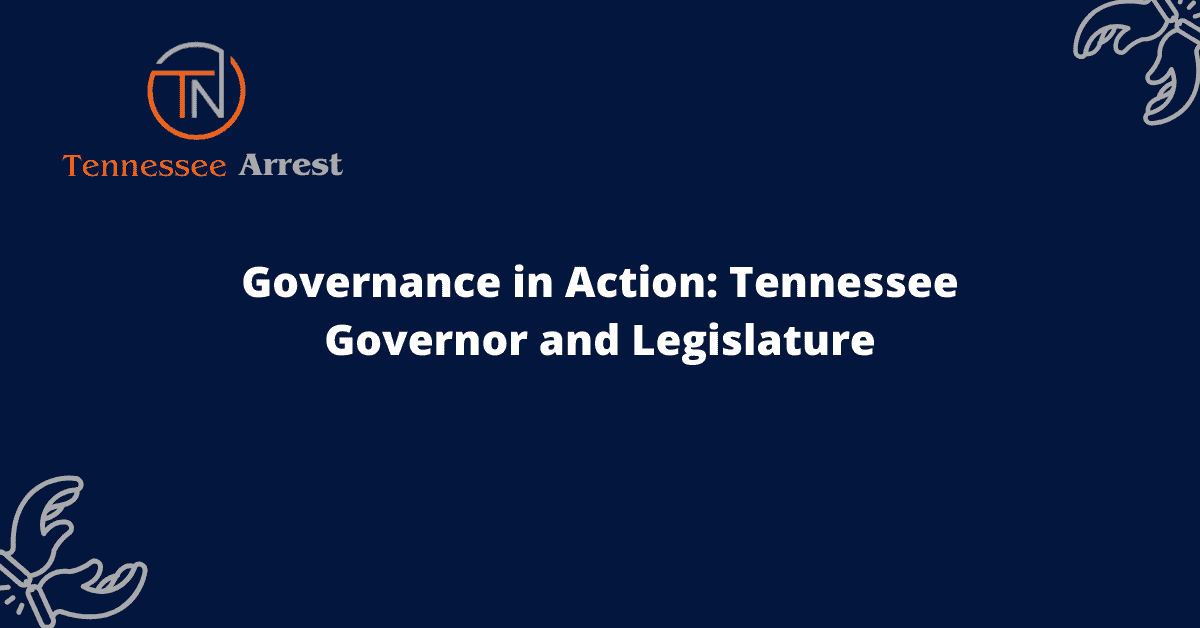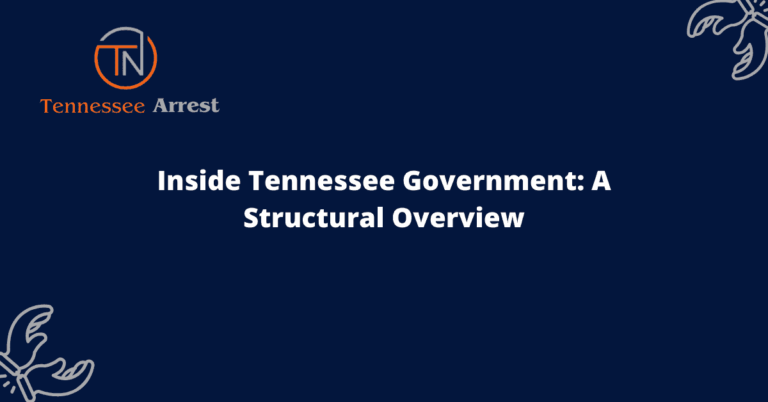Governance in Action: Tennessee Governor and Legislature
In the state of Tennessee, the governor and legislature work together to ensure effective governance and the well-being of its citizens. The governor, as the chief executive of the state, holds the highest office and is responsible for leading the executive branch. The legislature, on the other hand, is composed of elected representatives who make and pass laws that govern the state. Together, they play a crucial role in shaping the policies and direction of Tennessee.
Responsibilities of the Governor
The governor of Tennessee holds the highest office in the state and is responsible for leading the executive branch. Their primary role is to ensure effective governance and the well-being of the state’s citizens. The governor has the authority to make executive decisions, implement policies, and enforce laws. They are also responsible for managing the state’s budget and overseeing the operations of various state agencies.
The Legislative Branch
The legislature in Tennessee is composed of elected representatives who make and pass laws that govern the state. The legislative branch plays a crucial role in shaping the policies and direction of Tennessee. It is responsible for representing the interests of the people and ensuring that their voices are heard. The legislature also has the power to propose and debate bills, amend existing laws, and approve the state’s budget.
The Governor-Legislature Relationship
The governor and the legislature in Tennessee work together to ensure effective governance and address the needs of the state. While the governor holds executive powers, they need the support and cooperation of the legislature to implement their policies and initiatives. The governor often collaborates with legislators to propose and pass bills that align with their administration’s goals. This collaboration is essential for the smooth functioning of the state government and the overall well-being of the citizens.
Policy Making Process
In Tennessee, the governor and the legislature engage in a collaborative policy-making process. The governor proposes policies and initiatives based on the needs and priorities of the state. These proposals are then reviewed and debated by the legislature. Through discussions, amendments, and negotiations, the governor and the legislature work together to shape and refine these policies. Once consensus is reached, the legislature votes on the proposed bills, and if approved, they become law.
Checks and Balances
The relationship between the governor and the legislature in Tennessee is governed by a system of checks and balances. This system ensures that power is distributed and prevents any one branch from becoming too dominant. The governor has the authority to veto bills passed by the legislature, and the legislature can override the veto with a two-thirds majority vote. This mechanism ensures that decisions are made collectively and that no single entity has absolute control.
FAQs
What is the role of the Tennessee Governor?
The Tennessee Governor is responsible for leading the state’s executive branch, enforcing laws, and overseeing the operation of state government.
How is the Tennessee Governor elected?
The Tennessee Governor is elected by popular vote in a statewide election held every four years.
What powers does the Tennessee Governor have?
The Tennessee Governor has the power to appoint and remove officials, veto legislation, and pardon individuals convicted of crimes.
How does the Tennessee Governor interact with the legislature?
The Tennessee Governor works closely with the legislature to propose and advocate for legislation, negotiate budgets, and address policy issues.
What is the role of the Tennessee Legislature?
The Tennessee Legislature is responsible for making laws, overseeing the state budget, and representing the interests of the citizens of Tennessee.
How are members of the Tennessee Legislature elected?
Members of the Tennessee Legislature are elected by popular vote in their respective districts.







